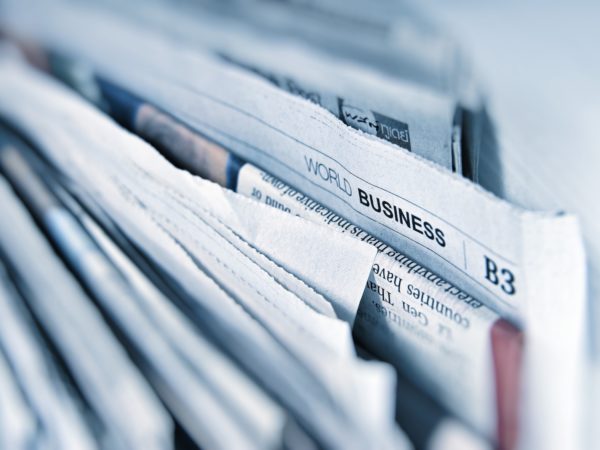In the News
-
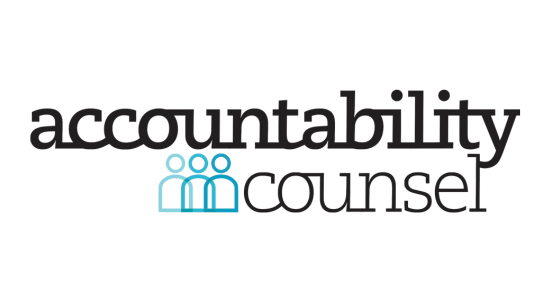 3 April 2023
3 April 2023Ukraine Joining the EU – An Elephant in the Room
A delegation of the Region of Vinnytsia in Central Ukraine recently visited various agricultural and rural development projects and facilities in the Region of Lüneburg in Low Saxony, Germany, in order to gather ideas for recovery and reorientation of farming and food supply in times of war. -
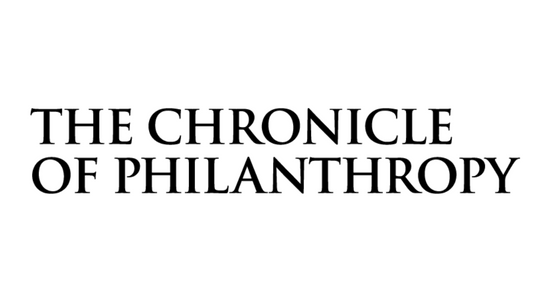 28 March 2023
28 March 2023Gates Foundation Should Match Its Massive Global Giving With a Massive Commitment to Accountability
The Bill & Melinda Gates Foundation announced that it would spend a record $8.3 billion to respond to the compounding crises of war, climate change, stumbling economies, and infectious disease. Unfortunately, this increased spending has not been accompanied by an increased commitment to accountability. -
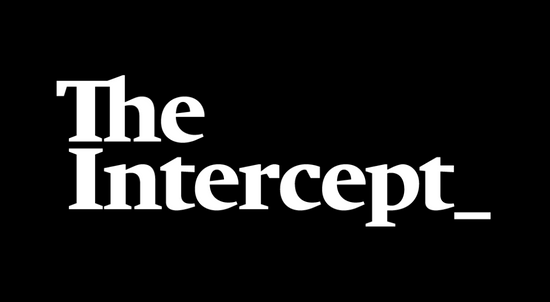 23 March 2023
23 March 2023A is for Abuse: Two Harvard Grads Saw Big Profits in African Education. Children Paid the Price.
An aggressive startup set out to disrupt African education, supported by social impact investors. Now it’s plagued by a sexual abuse investigation. -
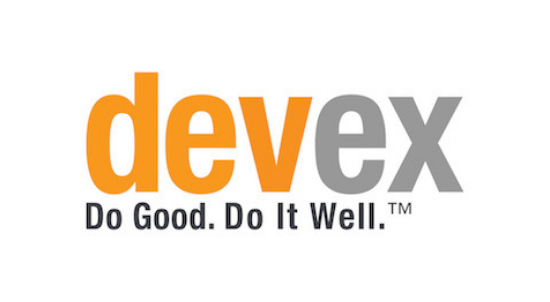 16 March 2023
16 March 2023IFC policy for when projects cause harm lambasted as ‘letdown’
The IFC has released a new policy to govern how it responds when projects go wrong and seriously harm people or the environment, but advocates lambasted its “shocking” failure to go far enough or address past problems. -
 27 February 2023
27 February 2023To the Editor: Re “World Bank President, Dogged by Climate Questions, Will Leave a Year Early”
In tackling some of humanity’s most pressing crises, the next World Bank president must be an accountability champion. That means not only respecting the rights of local communities, but also remedying harm caused by World Bank projects when it occurs. -
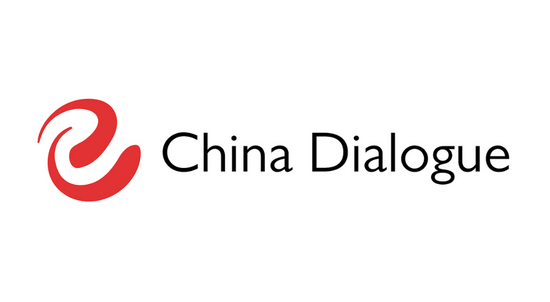 27 February 2023
27 February 2023New mechanism could strengthen accountability of China’s mining projects
A new grievance mechanism for Chinese overseas mining needs to be free to use, and must protect communities from company interference and retaliation. -
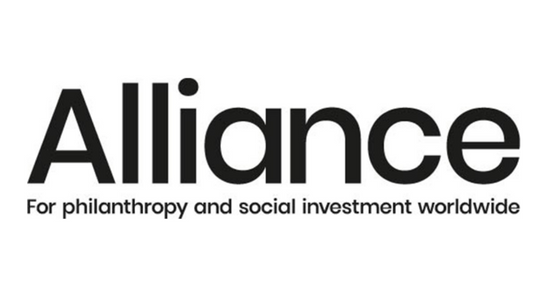 17 January 2023
17 January 2023Who decides what is effective in Effective Altruism?
In the weeks following the FTX collapse, some of the scrutiny has turned to Effective Altruism – but instead of asking whether to condemn or support the movement, the more crucial question is one that applies far beyond: who defines what effective giving is in the first place? -
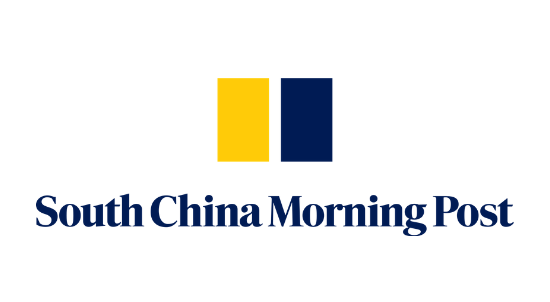 11 December 2022
11 December 2022Fund managers should push lithium, copper miners to be better role models on environment, labour issues, proxy advisory firm says
Global fund managers should push producers of lithium, cobalt and copper – key metals used in electric vehicles (EVs) and other decarbonisation equipment – for greater transparency on environmental and social issues arising from their operations, a proxy advisory firm said. -
 22 October 2022
22 October 2022China’s ban on overseas coal power plants is good for the climate… but where’s the support for renewable energy? experts ask
Beijing’s pledge a year ago has put a ‘significant dent’ in planned coal-fired projects overseas, says a climate report – but greater support is needed to get low-emission projects up and running to replace the cancelled coal projects, analysts say. -
 19 October 2022
19 October 2022Public Development Banks can’t drag their feet when it comes to building a sustainable future
Stephanie Amoako, Senior Policy Associate at Accountability Counsel, said: “PDBs must be accountable to the communities impacted by their projects. All PDBs need to have an effective accountability mechanism to address concerns with projects and should commit to preventing and fully remediating any harm to communities.” -
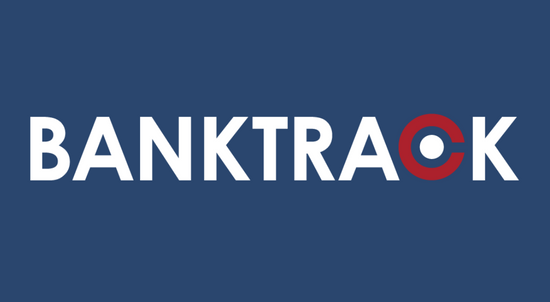 17 October 2022
17 October 2022The Equator Principles have two big problems: a fossil-fuel problem and an accountability problem
Either they get solved at the annual meeting of signatories starting today in Seoul, or the principles risk fading into irrelevance. -
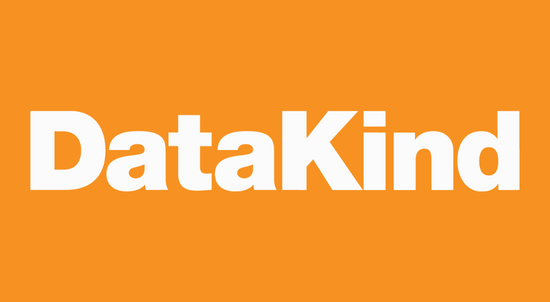 13 October 2022
13 October 2022DataKind Partner Spotlight: Accountability Counsel
We’re reflecting on our project with Accountability Counsel as they look to the future, seeing where there are opportunities and challenges with data science in supporting their mission. -
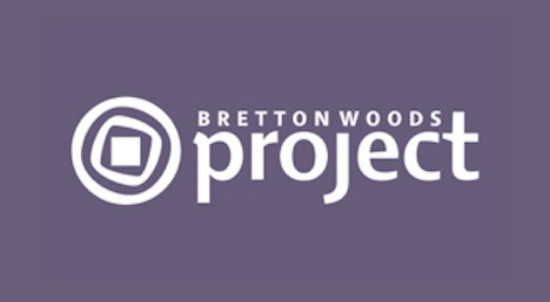 4 October 2022
4 October 2022World Bank’s accountability mechanisms – still a long way to go
57 CSOs submit comments on the Draft operating procedures for the Accountability Mechanism and Inspection Panel. CSOs highlight concerns about the proposed mechanisms, including lack of clarity on the structure. -
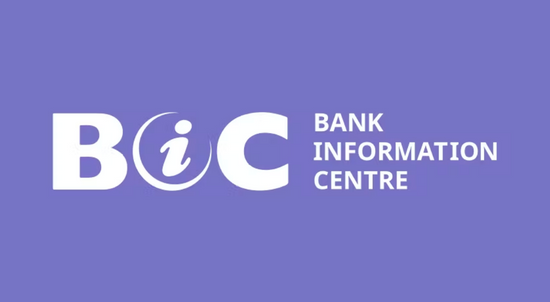 28 September 2022
28 September 2022¿Qué esperar del liderazgo del BID?
BIC junto a las organizaciones que endosan celebran la decisión de la Junta de Gobernadores de seguir la recomendación unánime del Directorio del BID y destituir rápidamente al Sr. Claver-Carone. -
 28 September 2022
28 September 2022What to expect from IDB’s leadership?
BIC and the endorsing organizations commend the decision of the Board of Governors to follow the unanimous recommendation of the Board of Directors and swiftly remove Mr. Claver-Carone. -
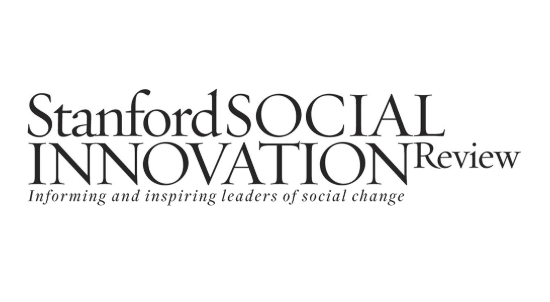 21 September 2022
21 September 2022Instead of Disruption, Leverage What Already Exists
In times of extreme political polarization and governmental dysfunction, “leverage-first” organizations create impact by working within existing systems, however imperfect they may be. -
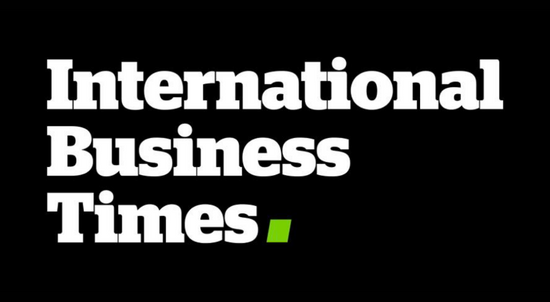 13 September 2022
13 September 2022Who Pays The Cost Of Europe’s Energy Crisis?
As Europe’s economy continues to buckle under a worsening energy crisis, proposals to expand investment in green energy projects should be welcome news. However, local communities that stand to be impacted by these projects have ample cause for alarm, given these institutions’ worrying track records of causing direct harm through their investments. -
 9 September 2022
9 September 2022The 2 year wait for a way to complain about USAID projects
In 2020, USAID was directed to create an accountability structure, in order to address this, via an explanatory statement accompanying appropriations legislation. Almost two years later, USAID is still working on this mechanism and is yet to reveal what it might look like. -
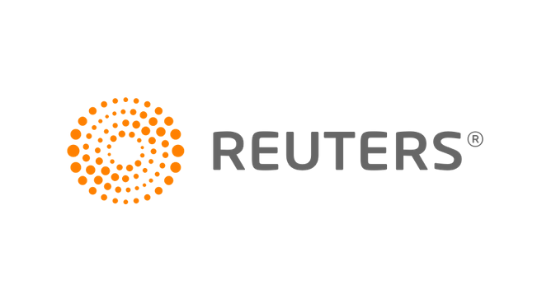 30 August 2022
30 August 2022Analysis: Development banks under pressure to compensate harmed communities
One activist group, the non-profit Accountability Counsel, points to a 231% rise in complaints between 2009 and 2019 as evidence development banks are backing projects without regard for communities. -
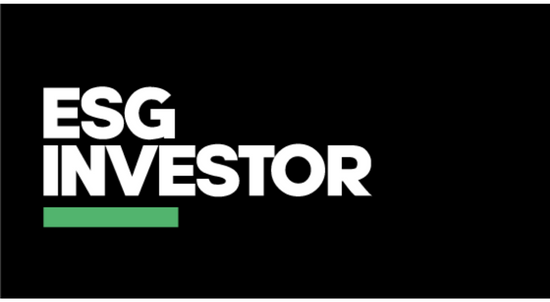 25 August 2022
25 August 2022Call for US Greenwashing Rules to Extend to Human Rights
At present, companies complicit in abuse of local populations can not only keep high ESG ratings, but sometimes see them increase. This is the message to the SEC from three non-profit organisations concerned with human rights and the environment: Inclusive Development International (IDI), Accountability Counsel (AC) and Friends of the Earth US (FoE US).

